
The shift towards renewable energy is accelerating, and Home Solar Power Systems are becoming increasingly popular. They bring benefits like lower electricity bills, reduced carbon emissions, and energy independence. But, like any complex electrical setup, they have potential risks if not installed or maintained correctly.
At Namkoo, we believe knowledge is the best protection. This guide will reveal hidden dangers in solar power setups and how to prevent them, so you can enjoy solar energy with complete peace of mind.
Solar panel systems have electrical dangers. Both DC and AC currents carry risks. Knowing these dangers is key for solar safety.
Solar panels produce DC power, which remains active during daylight hours. Touching live DC wires can cause severe shocks or burns, even if the system is “off.” Professional handling is essential.
The inverter converts DC into AC, the same type used in homes. If installed poorly, it can suffer from short circuits or arc faults, which are potential fire hazards. Namkoo always uses certified inverters with enhanced safety features.
Proper grounding prevents electric shocks and protects against lightning strikes. Surge protectors add an extra layer of defense, preventing equipment damage.
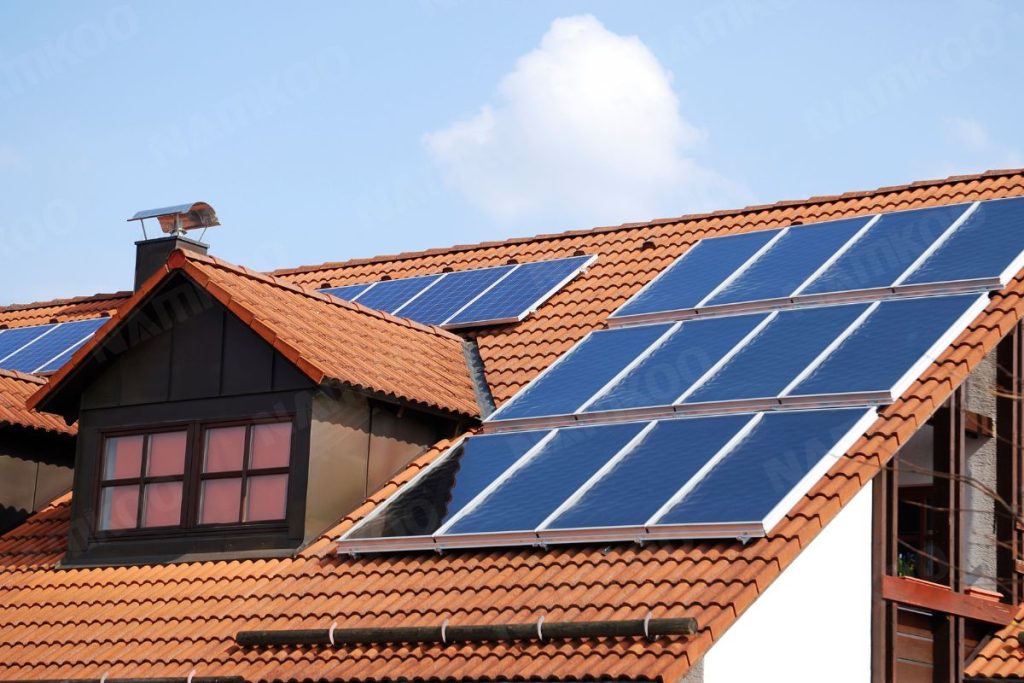
Putting in solar panels involves physical risks. The way they are mounted also matters for long-term safety.
A solar system adds weight to your roof. Namkoo checks roof strength before installation to avoid leaks or damage.
Roof work requires strict safety measures like harnesses and training. Our teams follow industry safety standards at every project site.
Strong winds, heavy snow, and hail can all threaten panel stability. We use reinforced mounts designed to handle harsh weather.
Solar systems can cause fires if not installed or maintained correctly. Here’s how to prevent them.
Loose wires or damaged insulation can overheat and ignite. Namkoo uses only certified components to minimize this risk.
Overheating inverters can spark fires. We ensure proper ventilation and use brands with built-in safety protections.
We install clear, accessible shut-off switches so firefighters can safely work during emergencies
Keeping your solar system running well over time is important. Some risks come from how systems age or are maintained.
DIY maintenance might save money short-term but can create dangerous situations. Namkoo offers affordable inspection and maintenance services to keep systems safe.
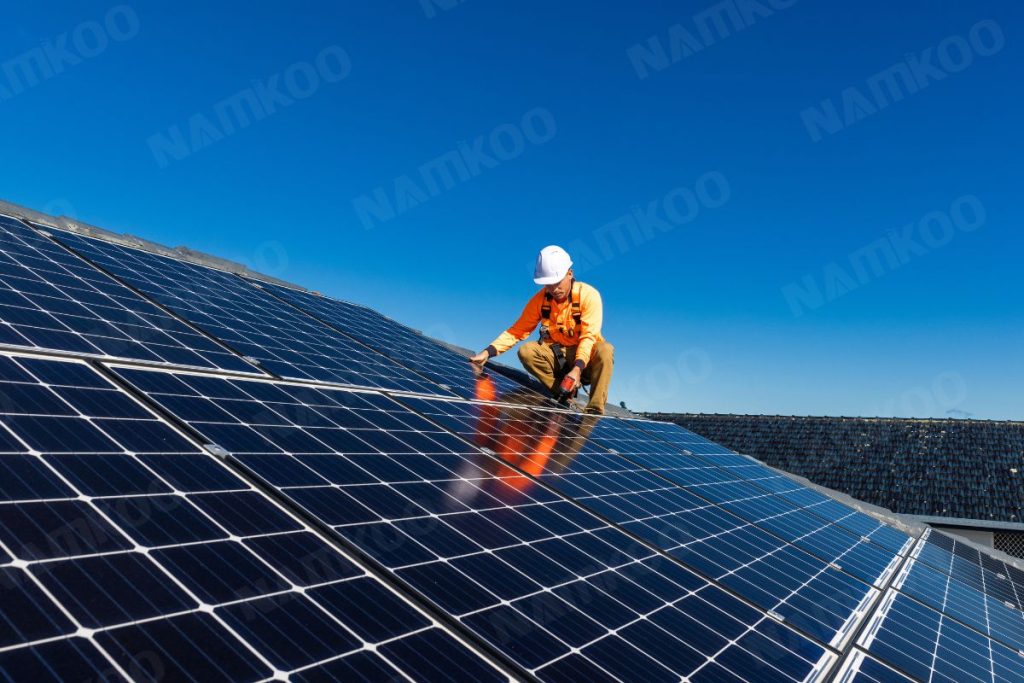
Over time, panels lose efficiency. Monitoring performance can reveal damage before it becomes a hazard.
If your system includes batteries, there’s a risk of overheating (thermal runaway) or chemical leakage. Namkoo installs batteries in well-ventilated, fire-safe enclosures to protect your home.
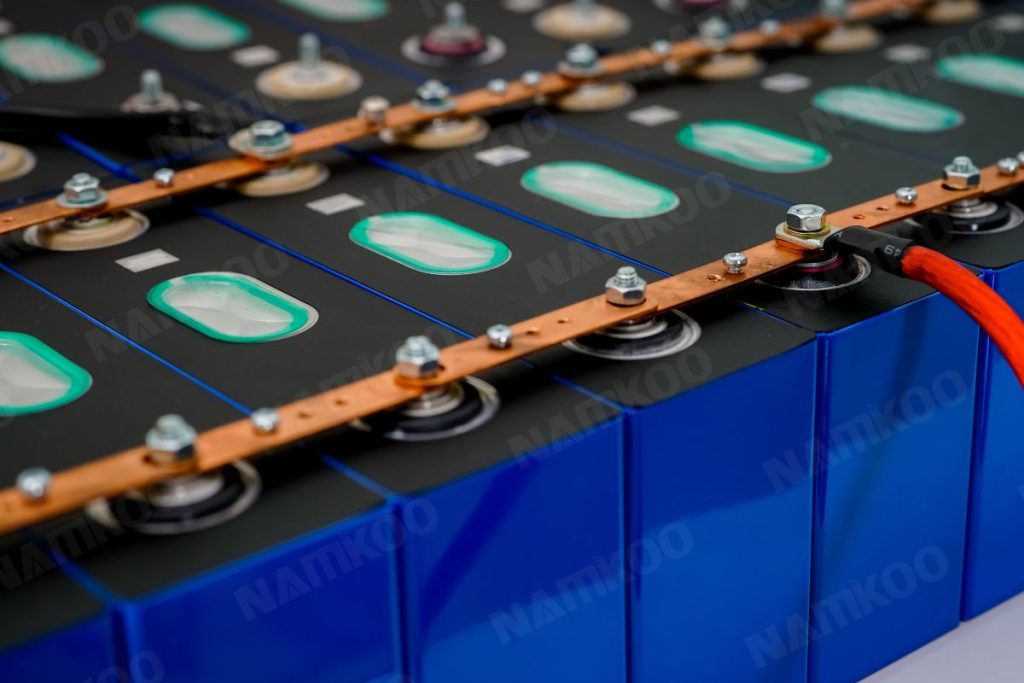
Even well-installed systems can face issues over time. Here’s what homeowners should watch for:
1.Sudden Power Drops – Could indicate panel shading, debris, or electrical faults.
2.Unusual Noises from Inverter – Buzzing or clicking may mean internal damage.
3.Burn Marks on Connectors – A sign of overheating—call for service immediately.
4.Battery Overheating – Turn off the system and contact your installer.
Namkoo’s service team can inspect and resolve these problems quickly, keeping your family and investment safe.
• Spring – Clean panels after pollen season for maximum sunlight absorption.
• Summer – Monitor inverter temperatures to avoid overheating.
• Fall – Remove fallen leaves from panels and roof.
• Winter – Keep snow off panels to maintain energy production.
Namkoo doesn’t just install Home Solar Power Systems—we engineer them for safety and reliability. Our process includes:
• Full site assessment to identify risks before installation.
• Use of UL/CE-certified equipment only.
• Detailed owner training so you know how to operate and shut down your system.
• 24/7 customer support for emergencies.
Explore our residential solar + storage solutions at Namkoo’s website.
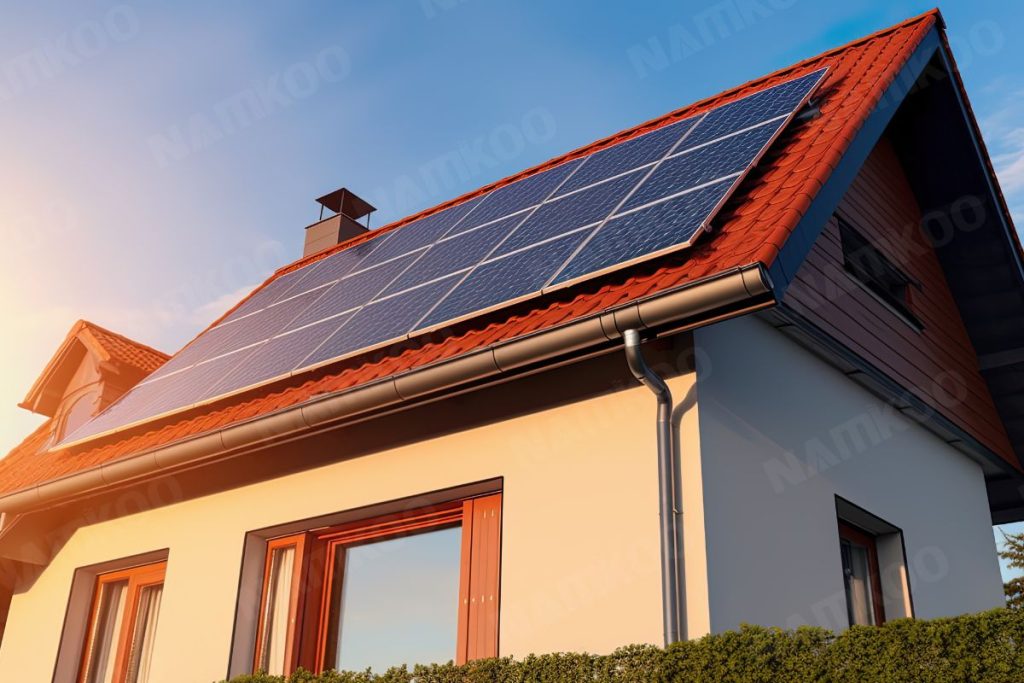
Recently, Namkoo completed a rooftop solar + battery storage system for a coastal Caribbean home. The site faced high salt corrosion risks and strong winds. We implemented corrosion-resistant mounts, double waterproof sealing, and a smart monitoring system.
This installation has run without incident for over two years, proving that with proper design, even challenging environments can safely host solar systems.
1. Are Home Solar Power Systems safe during storms?
Yes—if properly installed with storm-rated mounts and surge protection.
2. Can I install my solar panels myself?
DIY installation increases risks. Professional installers like Namkoo ensure safety and compliance.
3. How often should my system be inspected?
At least once a year, or after extreme weather.
4. Do solar panels attract lightning?
No, but lightning protection is still essential for safety.
5. What’s the safest type of battery for home solar?
Lithium iron phosphate (LiFePO4) batteries are safer and longer-lasting.
6. Can solar panels cause roof leaks?
Only if poorly installed. Namkoo ensures all mounting points are sealed and waterproof.
Choosing Home Solar Power Systems is a wise move for energy independence—but safety must come first. Namkoo’s proven installation methods, certified equipment, and dedicated service make us the ideal partner for your solar journey.
Visit our residential energy storage solutions today to see how we can help you enjoy clean, reliable, and safe solar power for years to come.
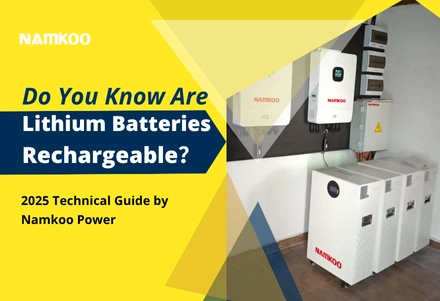
Explore how lithium batteries are rechargeable and why they dominate modern solar systems. Learn from Namkoo Power, a professional solar battery manufacturer, about recharging technology, lifespan, and 2025 market prices.


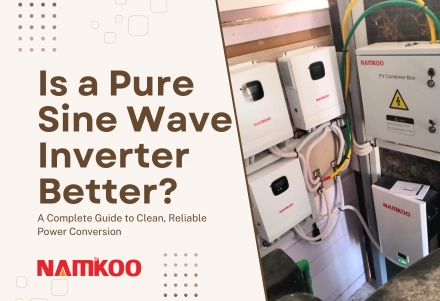
Learn why a pure sine wave inverter is the best choice for solar systems. Discover benefits, use cases, and how Namkoo provides reliable inverter solutions.


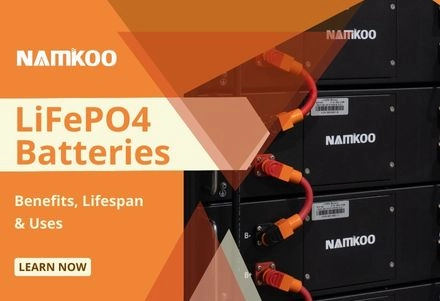
Discover LiFePO4 batteries with Namkoo. Learn about lifepo4 battery life, key benefits, and the advantages of battery energy storage system.



No.26-2,1st Floor, Kuiqi Road West Extension, Nanzhuang Town,Chancheng District,Foshan City,Guangdong Province, China (528000)
Contact Number: +86 18826309307
Email: [email protected]